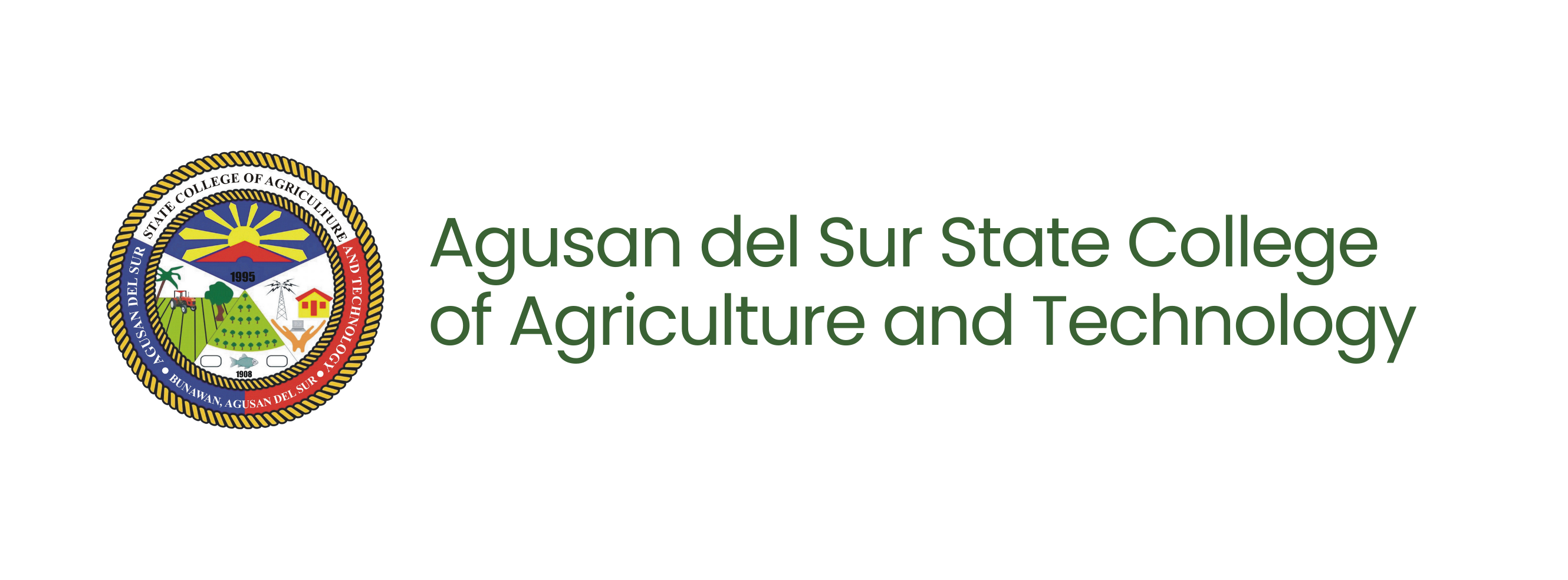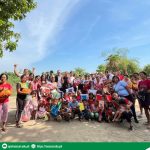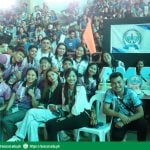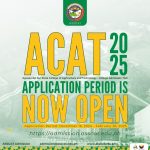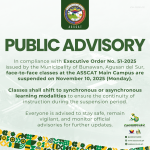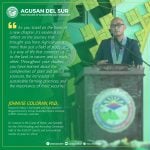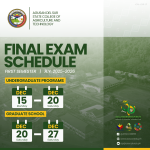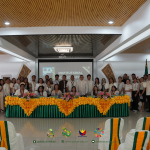CHR Caraga Trains Media, Academe to Report with Rights in Mind
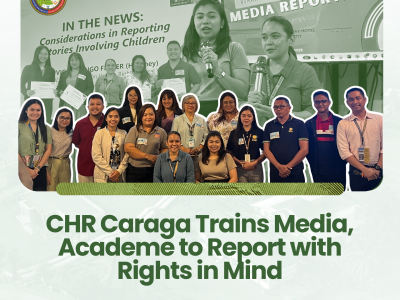
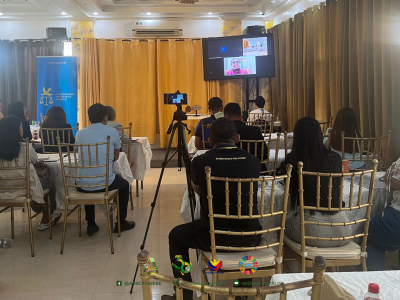
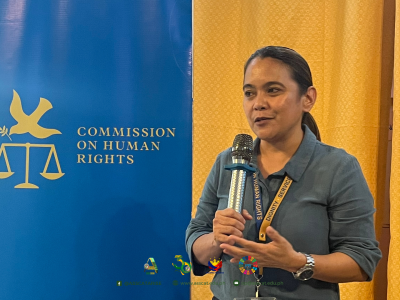
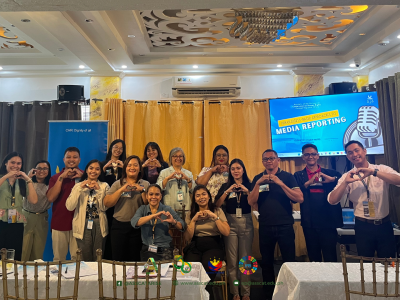
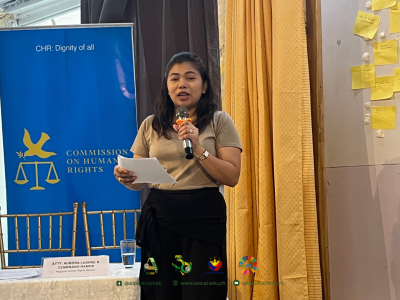
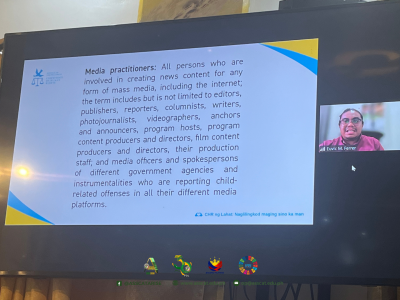
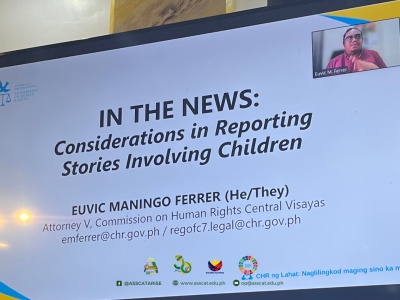
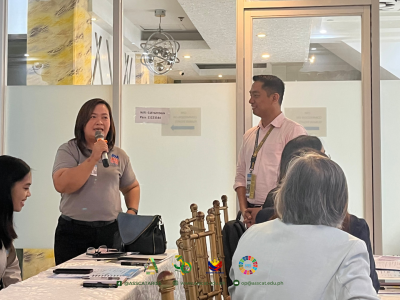
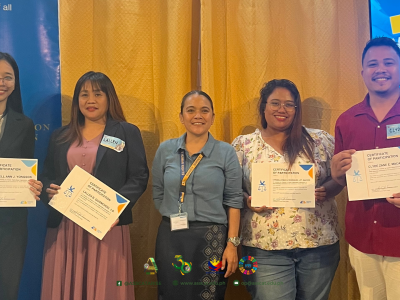
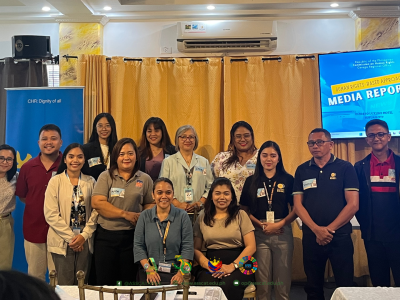
Read More ...
ASSCAT Congratulates 20 New Agriculturists
Madujow Nu Pag-andini sa ASSCAT, mga Isko at Iska ng Bayan!
Congratulations Punhik Batch 2024!
ACAT 2025 IS NOW OPEN!
The Commission on Human Rights (CHR) Caraga convened journalists, communicators, and academe representatives for a workshop on Human Rights-Based Approaches to Media Reporting held June 26 in Butuan City.
The training aimed to strengthen ethical standards in news coverage involving vulnerable sectors, while reinforcing media’s role in promoting accountability and justice—principles that align with the Philippines’ commitment to global human rights frameworks and inclusive development.
Participants included state-run and independent media outlets, representatives from the Philippine Information Agency (PIA) and Department of Social Welfare and Development (DSWD), as well as delegates from higher education institutions (HEIs). Among those present were student journalists and communication officers from PNU–Mindanao, and Agusan del Sur State College of Agriculture and Technology (ASSCAT), represented by Information Officer III Clyde Macascas.
In her welcome message, CHR Caraga Regional Director Atty. Aurora Luanne R. Cembrano-Ramos highlighted the collective responsibility of protecting human rights:
“Human rights protection is not, and has never been, the work of one institution alone. It requires a network of committed individuals and sectors working together with shared values.”
She also emphasized the media’s influence in shaping public opinion and advancing human rights causes:
“Media work can either reinforce stereotypes or dismantle them; it can empower or marginalize. This gathering is more than a workshop—it’s a conversation to promote stories that reflect inclusivity, dignity, and equitable justice.”
The training featured legal experts from the CHR who tackled two major issues: responsible coverage of vulnerable sectors and ethical reporting on criminal justice.
Atty. Euvic M. Ferrer, Legal Division Chief of CHR Region VII, led the session on Child and Gender-Sensitive Reporting, highlighting key legal provisions and presenting the 2024 updated CWC Guide for Media on Reporting Children. He reiterated that the best interest of the child must always guide news reporting involving minors and survivors of abuse, especially in light of the rise of digital and social media exposure.
Atty. Gerlyn V. Gamolo, Attorney IV of CHR Caraga, followed with a session on the rights of suspects and the accused, detailing safeguards under Philippine law and international human rights treaties. She reminded participants of the critical balance between press freedom and due process, particularly when covering individuals under custodial investigation or arrest.
For ASSCAT, the workshop served as a timely platform to reinforce its communication standards and its role in nurturing socially responsible journalism within the academic sector. As a state college engaged in public information, media production, and student-led reporting, ASSCAT’s participation contributes to broader goals of inclusive education, gender equity, and institutional accountability—key themes echoed in the United Nations Sustainable Development Goals (SDGs), particularly SDGs 4 (Quality Education), 5 (Gender Equality), and 16 (Peace, Justice, and Strong Institutions).
By grounding its information and communication practices in human rights principles, the college continues to support ethical storytelling, respectful representation, and informed civic engagement across its platforms and communities.
